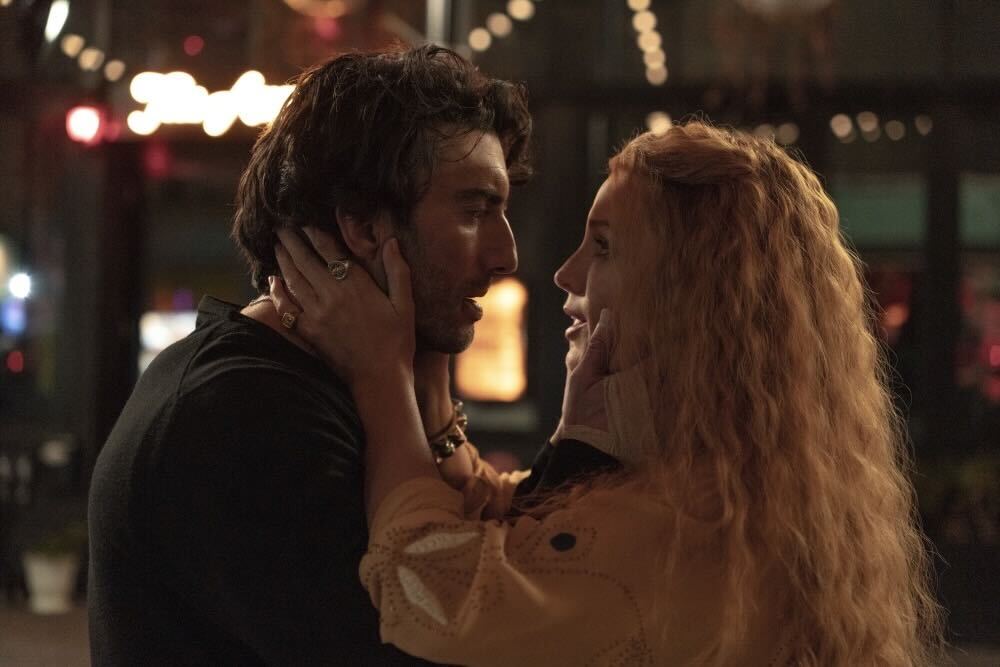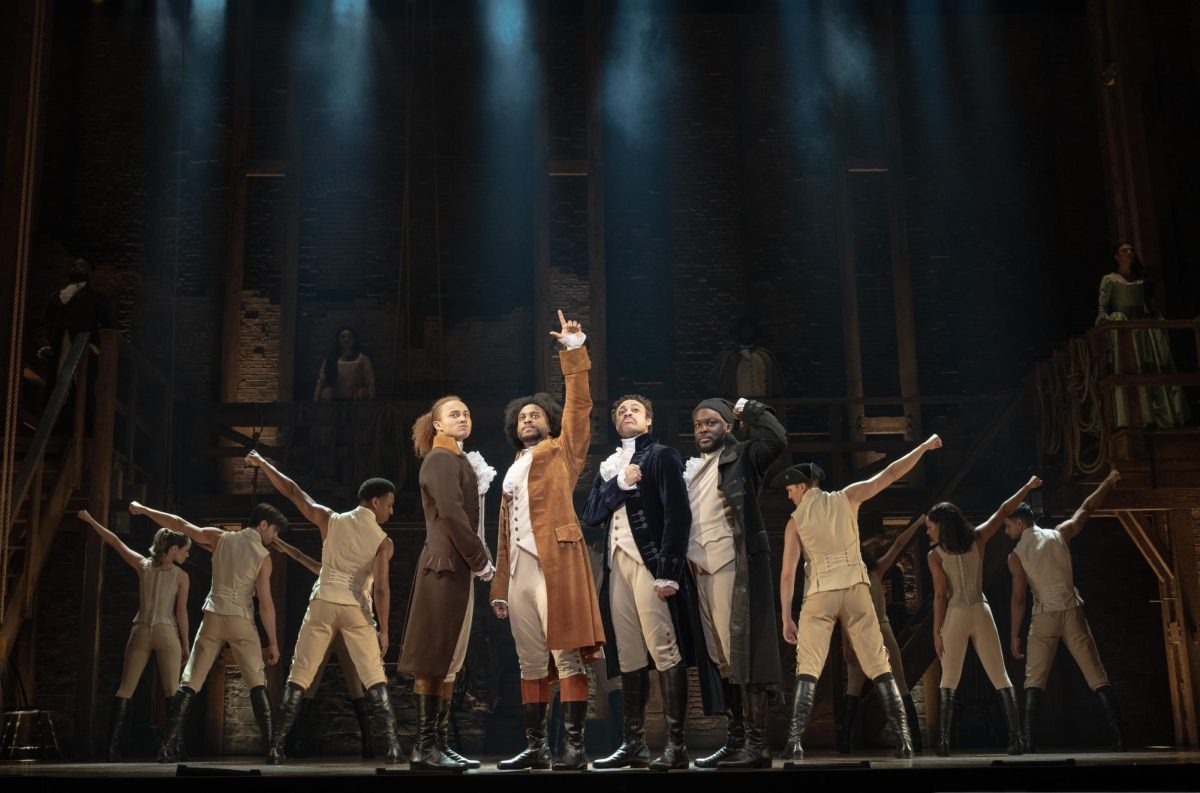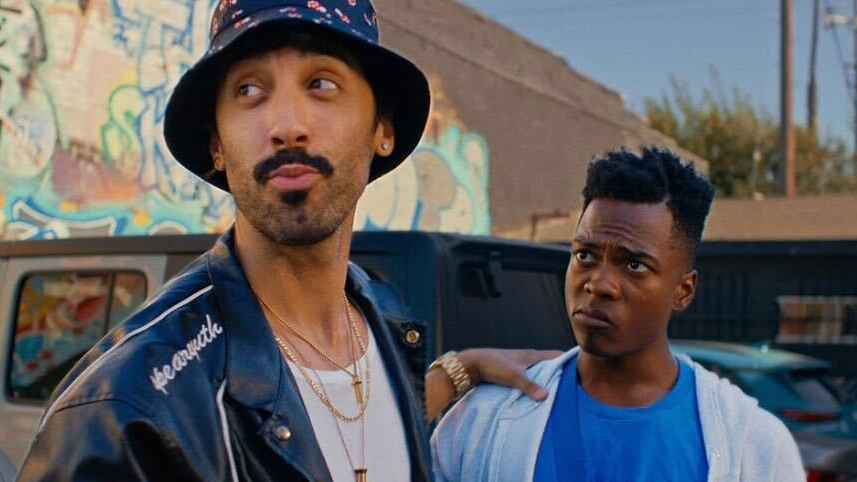Book lovers have learned to keep their expectations low when a favorite novel announces its upcoming film adaptation. However, cast such worries aside, because “It Ends with Us,” the best-selling novel by author Colleen Hoover, survives its rebirth onto the big screen and outshines its predecessors.
“It Ends with Us” tells the story of Lily Bloom (Blake Lively), a woman forced to overcome painful generational patterns while confronted by the memories of her past love. Directed by Justin Baldoni, who also stars as the antagonistic love interest Ryle Kincaid, the beautifully intense film will leave viewers breathless with its realistic and moving portrayal of domestic abuse within a romantic relationship.
When held against the original novel that first captivated audiences, Hoover should consider dropping novels addled by smut and picking up screenwriting instead. Hoover-haters should prepare themselves for the possibility of leaving the theater as a convert, because “It Ends with Us” looks better on screen than on paper.
From the casting to set design, a true devotion to the novel’s contents proves itself, which is unsurprising, as Hoover heavily involved herself in the film’s production. Similar to the book, the raw and gritty interior of the story contrasts its highly stylized and polished exterior. Bloom endures trauma from her past and abuse from the man she loves – all while looking flawless in a penthouse straight out of a Pinterest board and somehow opening a downtown Boston flower shop in this economy.
Watching attractive people make out and fight in gorgeous locations satisfies some craving for idealism, however, the heart of the story remains.
Across the board, the cast shines, with an honorable mention to Jenny Slate, whose much-needed comedic relief broke up the constant romantic tension between Lively and her costars Baldoni and Brandon Sklenar (playing Bloom’s first love Atlas Corrigan). With scenes so steamy and chemistry so palpable, viewers will wonder how Ryan Reynolds fares and hopes that Hugh Jackman makes for good emotional support.
Lively embodies the role of Bloom seamlessly. Her vulnerable and dramatically nuanced performance will have audiences grabbing tissues every time her eyes well up with tears.
Conversely, what can strengthen a film in one way can simultaneously weaken it, and “It Ends with Us” often falls into the pit of its own self-serious and melodramatic nature. With an endless supply of dramatic dialogues, close-up shots and slo-mos, the film bombards viewers with one heightened moment after another, leaving the desire for a more organic pace.
Portraying one of those romances that will make viewers feel guilty for how much they enjoy it, “It Ends with Us” exceeds expectations in its faithfulness to the source material that hooked the whole internet. Just like Bloom seeks to end a cycle of abuse, maybe the film will end the cycle of disappointing book-to-screen adaptations.
3½ heart tattoos out of 5














